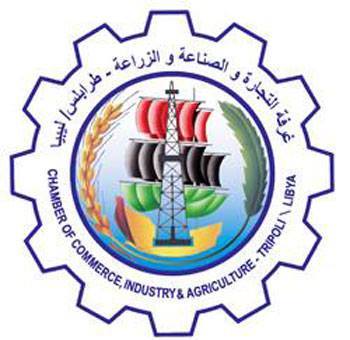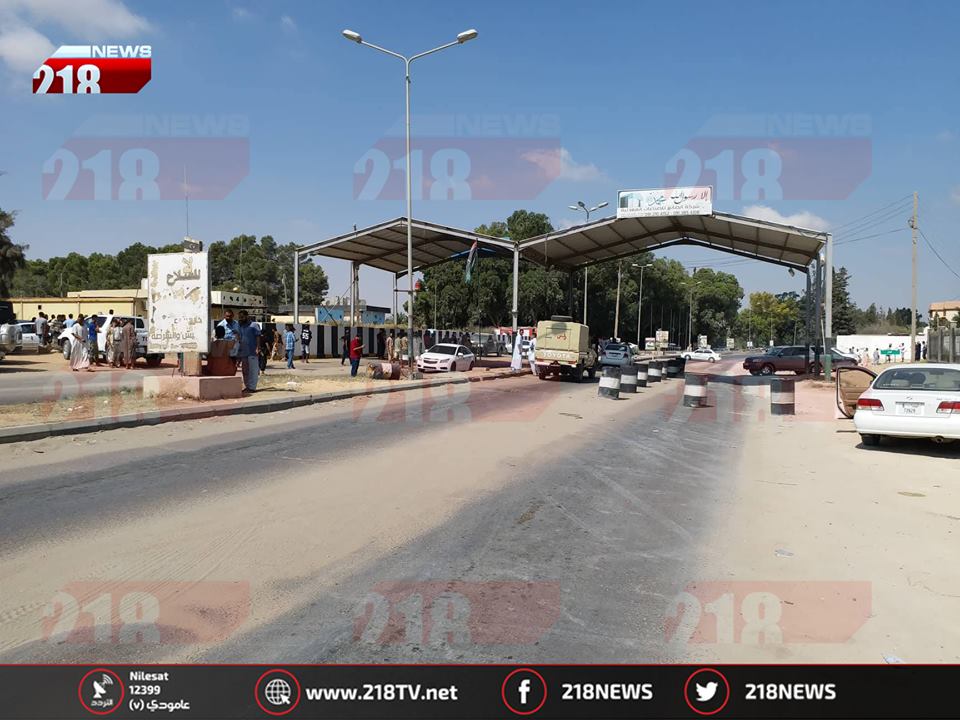By Sami Zaptia.

London, 20 August 2018:
The Libyan Council for Oil and Gas (LCOG), a private sector lobby group that represents Libyan companies dealing with the hydrocarbon sector and part of the Libyan Businessmen Council will be holding a workshop at Tripoli’s Mahary Radisson hotel on 12 September from 9-3 pm.
The workshop entitled ‘‘Prospects of Cooperation between Private and Public Companies in the Field of Services and Oil Industries’’.
In reality, the discussion agenda between Libya’s private sector and the Libyan state and the NOC are still based on the 13 points that were the basis for their meeting back in 2013.
These were:
- Giving priority to local companies for tenders for projects then to JV companies then to out-and-out foreign-owned companies.
- Imports of goods for project tenders should be through the local agent/distributor for that brand.
- More transparency in the tendering process by NOC subsidiary companies.
- NOC training and development should be done through local training companies rather than directly via foreign-based companies.
- Increasing the rate of business given by the hydrocarbon sector to local companies, and ways to encourage the local sector to improve its capabilities and its local human resource capabilities and helping make the local sector more shielded from international trends.
- Enforcing law no (433) which limits the role and scope of work of foreign companies to Joint Venture projects and within the confines of the Joint Venture laws and regulations.
- Preventing foreign companies from participating in some tenders or projects which should be set aside solely for local companies.
- Tenders of equal technical specification but of 15% price difference should be given to local companies.
- Evaluating local Libyan companies on the basis of the experience of their Directors/Managers and not just the length of establishment of the company.
- Giving financial and other incentives to foreign companies that bid for large projects in a joint venture with a Libyan company as opposed to those that bid on their own.
- Making use of the experience of retired Libyan experts in the hydrocarbon field.
- All imports of equipment/parts used by the Libyan hydrocarbon sector should be imported into Libya through a locally-based Libyan company.
- Ensuring that companies only get allocated tenders they are licenced for.
LCOG chairman, Khaled Ben Othman, explained that Libya’s oil sector is dominated by the NOC, its subsidiaries as well as its EPSA partners. There is a widely held belief by Libya’s local private sector companies that corrupt self-interest within the NOC and its subsidiaries acts as a barrier to local private sector companies getting their fair share of contracts and orders in the Libyan oil sector.
Too often the NOC and its subsidiaries/partners hide behind the excuse that local, small private sector companies are too small or technically not competent enough to carry-out contracts, which are subsequently awarded to foreign companies.
Equally, its all too easy for foreign companies to award even the simplest supply contracts to foreign companies/individuals they have been working with before – at the expense of the small and emerging Libyan private sector.
During the repressive dictatorial Qaddafi era, the Libyan private sector was systematically suppressed in favour of wide corruption between the NOC, its subsidiaries and partners. It served the Qaddafi corrupt mafia to keep everything in-house in order to increase commission, bribes and kick-backs.
However, this trend is harmful to the long-term prospects of the Libyan economy. Libya is hoping to leave behind the worse symptoms of the over-centralized, welfare, rentier state in favour of a diversified economy.
It is hoped that this diversification can be achieved through increased the size and capability of the private sector – at the expense of state economic activity. The NOC ensuring that more contracts are implemented by the local private sector – is a major step in Libya’s overall economic reform plan.
It is worth noting that, over the years, there have been numerous promises by the Libyan state and the NOC – including its current chairman Mustafa Sanalla – to increase the role of the local private sector – but with little actual implementation of these promises.
For more details contact www.lcog.ly
https://www.libyaherald.com/2017/04/21/lcog-to-meet-noc-and-subsidiaries-to-discuss-increased-role-for-libyan-private-sector/
https://www.libyaherald.com/2017/04/26/noc-to-fully-support-libyan-private-sector-participation-in-projects/
https://www.libyaherald.com/2013/05/09/libyan-council-for-oil-and-gas-at-otc-houston-texas/
https://www.libyaherald.com/2013/12/22/lcog-to-take-lead-in-solving-some-of-libyas-problems/
https://www.libyaherald.com/2013/02/12/minister-of-oil-meets-with-libyan-private-sector-offers-to-give-them-more-work/







